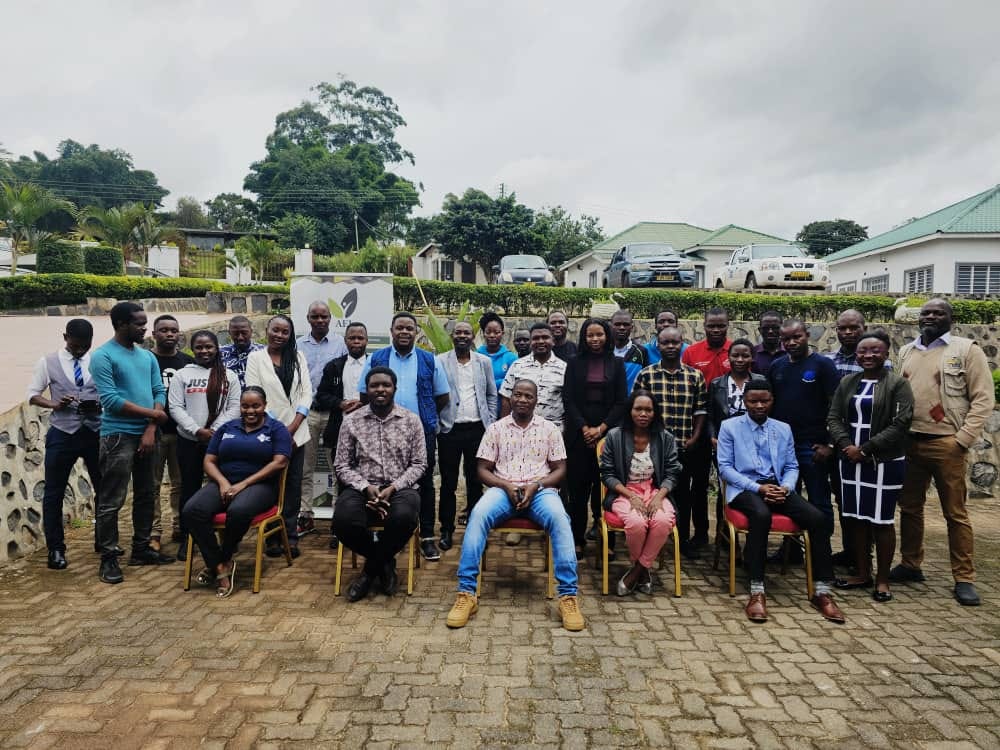Media Trained to Expose Corruption in Malawi's Floundering Fishing Industry
Stakeholders hope engaged journalism can now penetrate the true depths of the crisis - and in turn rally public engagement needed to rescue Lake Malawi from impending catastrophe.
MZIMBA, Malawi - Alarmed by rampant illegal fishing devastating Malawi's inland waters, officials are now urging journalists to leverage their platforms and help expose corruption driving ecological collapse in the sector, writes Tionge Hara.
Over a 3-day training recently led by the Association of Environmental Journalists in Malawi (AEJ), reporters across Northern Region outlets were equipped with insights needed to unveil unscrupulous networks within fishing communities.
"The media should be proactive in engaging critical masses and reporting facts to influence positive change," said Salim M'balaka, Principal Fisheries Officer based in Monkey Bay.
"We need to work as partners by sharing information that enhances their knowledge."
M'balaka's call comes as many native fish species hover near extinction from pressures like excessive netting, dynamite blasting and poisoning by criminal gangs.
Attempts to pass stiffer penalties have stalled politically, while enforcement remains meager.
By building journalists' understanding of policy gaps and social dynamics on the lake, officials aim to spur public pressure through revelatory stories that ignite national outrage against the alarming status quo.
"New strategies are needed to shock the system so it begins responding to issues stalled for years," said AEJ President Mathews Malata, citing the glacial pace of updated regulations promised after Malawi's 2019 Fishgate scandal exposed high-level demagoguery.
Equipping scribes to uncover hard truths via investigative techniques is considered crucial for puncturing a cycle of silence reinforcing the crisis.
"We know corruption exists among small and large fishers. We must get to the bottom of real issues," Malata urged.
Editors across Northern Malawi echoed the timeliness of the training for unraveling threats that jeopardize food security and biodiversity.
They vow to prioritize more solutions-focused reporting spotlighting what’s driving illegal fishing.
“After this training I know a fish story can be about reversing malnutrition or tackling peace and security issues,” said Mzimba Radio’s Everlister Lungu.
“Now I know it has endless angles.”
With a chance to interview village leaders and fisherfolk firsthand, the experience also connected theoretical concepts to ground realities for attendees like Jordan Phiri of Nation Publications.
"Coming to the field helps you meet realities and see how classroom work meets real experiences to create captivating human interest stories," Phiri reflected.
Stakeholders hope engaged journalism can now penetrate the true depths of the crisis - and in turn rally public engagement needed to rescue Lake Malawi from impending catastrophe.



